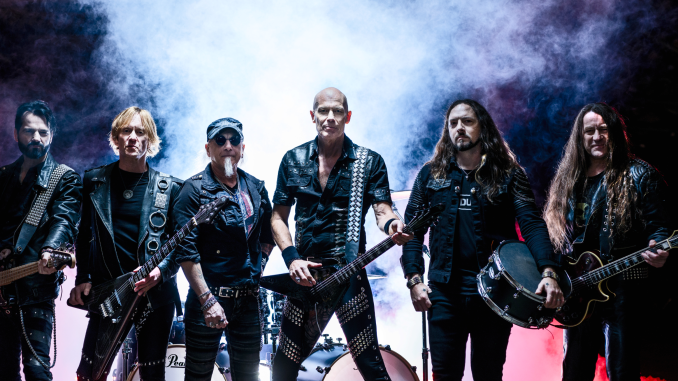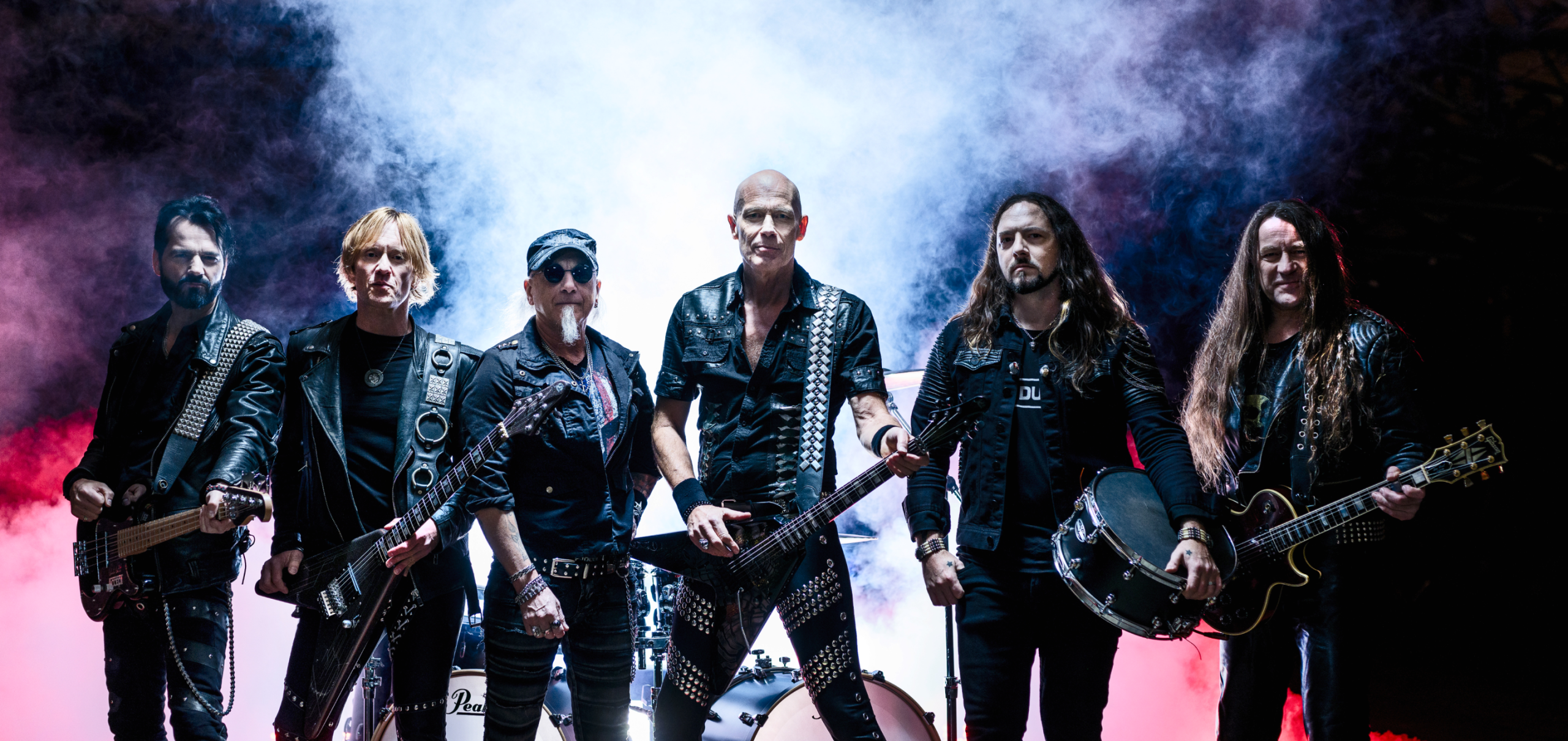
For nearly five decades, German heavy metal pioneers Accept have lived through the kind of turmoil that could have ended most bands. Founded in Solingen in 1976 by guitarist Wolf Hoffmann, vocalist Udo Dirkschneider, and bassist Peter Baltes.

Accept has faced more than its share of creative clashes, lineup shake-ups, industry setbacks, and personal challenges. Yet, instead of collapsing under the weight of these struggles, they forged a legacy as one of the most resilient forces in metal.
Finding Their Voice Amid Early Uncertainty
In their early years, Accept fought to define their sound. Albums like I’m a Rebel (1980) were marked by too many outside influences, leaving the band unsure of its musical identity. Dirkschneider later admitted that it lacked cohesion, a struggle familiar to many young bands trying to balance experimentation with direction.
Lineup Turmoil And Clashing Egos
Few metal acts have endured as many personnel changes. The departure of guitarist Jörg Fischer, followed later by Dirkschneider himself, created creative instability.
The late ’80s brought one of their most turbulent periods: the Eat the Heat era (1989), with David Reece on vocals, was plagued by poor reviews, internal tensions, and a chaotic tour. Backstage conflicts escalated so badly that Accept disbanded soon after, proof that success in metal isn’t just about riffs, but relationships.
Breakups, Hiatuses, And The Struggle To Reconnect
Accept’s history reads like a stop-start engine. They split in 1989, reunited briefly in the early ’90s, broke up again in 1997, and returned for a short tour in 2005. It wasn’t until 2009, when Mark Tornillo joined as frontman, that the band truly found stability again. But by then, the challenge was clear: could they win back fans who had drifted away?
Financial Realities Of Heavy Metal
While their influence was unquestionable, making a living from heavy metal proved brutal. Hoffmann has been candid about the financial strain, admitting that in the metal world, passion not profit, is the only sustainable fuel. The band persisted, not because it was easy, but because walking away from music was unthinkable.
Personal And Health Struggles
Life on the road has tested Accept physically and mentally. Longtime bassist Peter Baltes eventually stepped away, seeking a quieter life and more time with family. On tour, Tornillo once fought through a dangerous respiratory illness that nearly took his life, showing the very real physical risks behind the glamour of performing.
The Pandemic Pause
The recording of Too Mean to Die (2021) collided with the COVID-19 pandemic, forcing the band to halt sessions. Unable to work in the same room, they collaborated remotely with producer Andy Sneap, proving that adaptability was now part of their survival toolkit.
Reinvention And Revival
The Tornillo era marked a rebirth. Blood of the Nations (2010) earned critical praise and restored their relevance. Albums like Blind Rage, The Rise of Chaos, Too Mean to Die, and Humanoid climbed charts worldwide, reaffirming that Accept could still command the heavy metal stage.
Enduring Legacy
Wolf Hoffmann remains the anchor a man who refuses to let the band’s story be defined by breakups and disputes. He has called Accept’s resurgence “a gut decision… scary, but worth it.” That spirit has kept the band alive when many others have faded away.
In The End, Accept’s Journey Is A Masterclass In Persistence.
They have weathered storms of ego, economics, and evolution, yet their commitment to the music and to each other has never truly broken. In heavy metal, survival is the ultimate victory, and Accept has earned theirs in full.
Leave a Reply